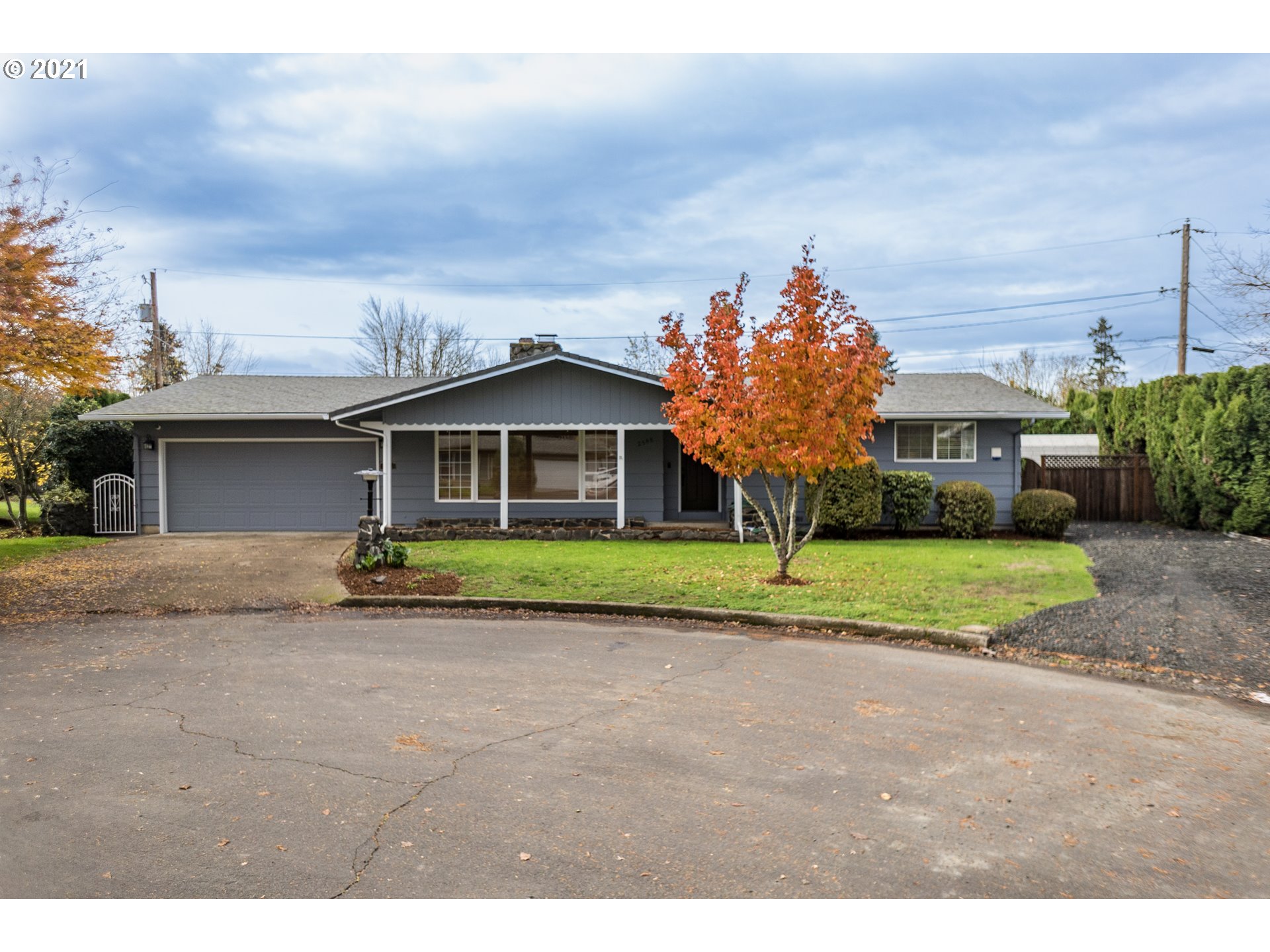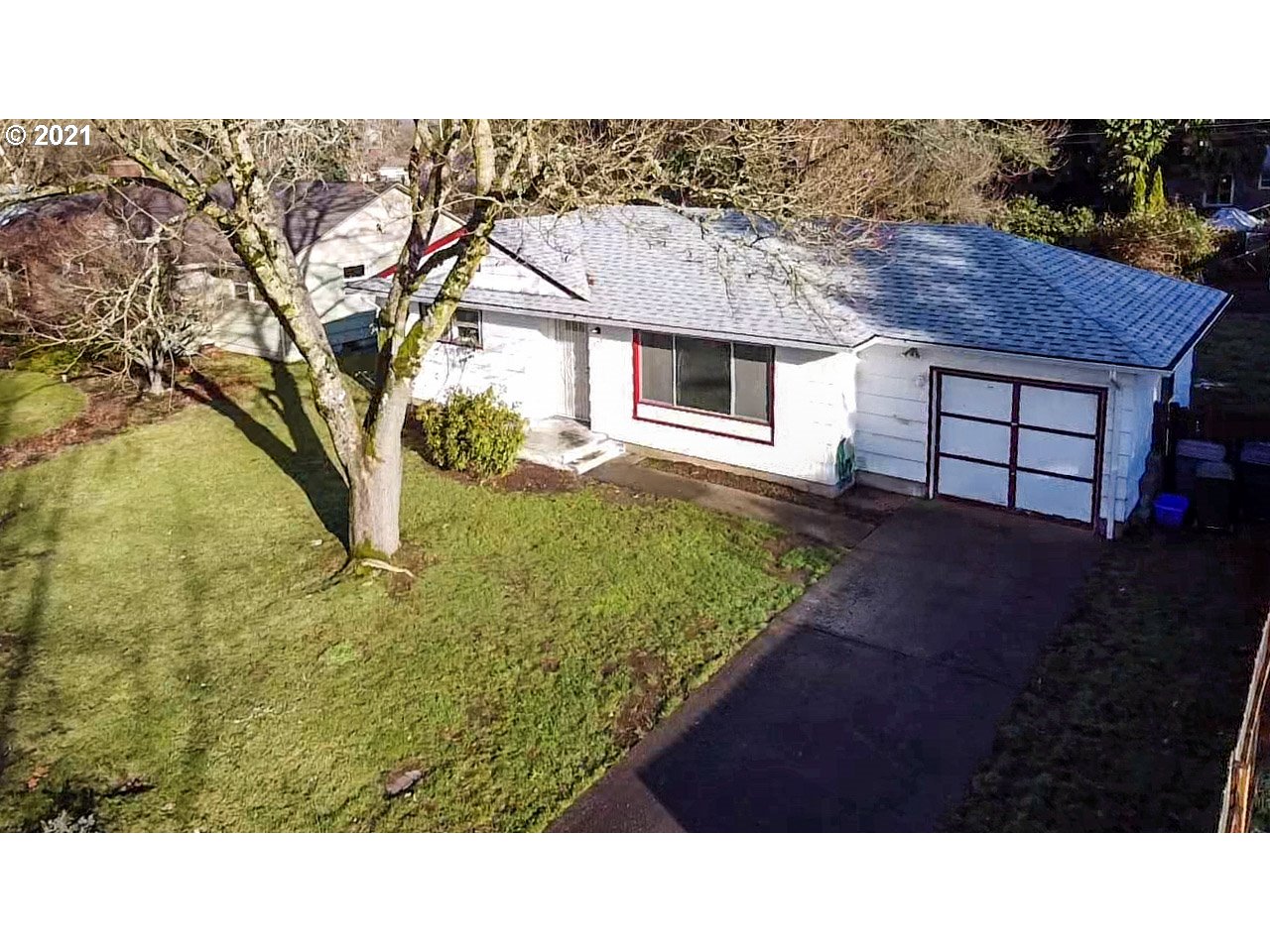Good Monday Morning!
Inflation continues to rear it's ugly head and with sustained inflation comes many painful economic issues for the citizens of our country. Long term and uncontrolled inflation is one of the worst things that can happen to an economy and it hurts everyone. I am asked frequently, "what does this mean for the national housing market?" Here is an article that I found in "Realtor.com" that does a good job of explaining inflation issues for the national housing market.
Inflation is a red-hot topic right now, and for good reason: In October, the annual inflation rate rose to an alarming 6.2%. That’s the highest it’s hit since November 1990, over 30 years ago, and a steep uptick from the manageable 2% that we’ve enjoyed for the past five years.
Translated to your daily life, this means Americans are shelling out more money for just about everything, from gas for your tank to heating bills to groceries and more. Our money simply doesn’t go as far as it used to.
So what’s the impact of inflation on housing?
Not surprisingly, inflation is influencing the real estate market in a big way, too. According to a Stanford University study, residential real estate has historically been an “investment safe-haven” during inflationary periods. Researchers found that during the 1970s (another moment of surging inflation), home prices rose relative to the size of the economy. This was good news for homeowners and real estate investors, since it meant that their home’s rising value helped offset rising prices elsewhere.
If you were shopping for a new home, though, this was a major challenge—and the same may hold true today.
What is inflation, and what causes it?
Simply put, inflation is when the prices of goods and services rise, thereby decreasing the purchasing power of the money you have to spend. Right now, several factors are contributing to inflation. First, consider the impact of government aid during the COVID-19 pandemic.
“As the government supported American households and provided [financial assistance], that gave many people more purchasing power,” explains George Ratiu, manager of economic research at Realtor.com®. “But a lot of Americans could work remotely and didn’t need to spend on, say, takeout lunches at the office, commuting and parking, dry cleaning, and other expenses. So companies on the supply side of those goods and services needed to charge more since they had fewer customers.”
As the number of transactions dropped, business owners raised their prices to stay afloat to make ends meet. (This often happens during recessionary times.)
Another factor contributing to inflation today: the supply chain issues occurring around the globe. Manufacturing was disrupted due to the pandemic, as illness and lockdowns slowed business, and there continue to be significant problems with goods getting into ports. (The Los Angeles/Long Beach area is one oft-cited bottleneck, with so many products typically arriving there from Asia.) Trucking those items across America once they arrive has also been challenging since there are fewer people available to drive the 16-wheelers to get goods where they need to go.
“There is worker shortage. Companies are raising wages to address that, but also consequently raising prices,” says Lawrence Yun, chief economist at the National Association of Realtors®. So if a bathroom sink might normally sell for $100, when you have to pay your workers and drivers more, the manufacturer must raise prices to offset that.
How does inflation affect home prices?
Now that you understand why prices are painfully high, let’s consider how that affects home prices. Even before inflation started rising, the housing market has been tight, with prices and rents climbing. Brace yourself, because things are not heading in a more affordable direction anytime soon.
“Inflation exacerbates the housing demand-supply imbalance, which means even higher prices for housing,” explains Lawrence J. White, the Robert Kavesh Professor of Economics at New York University’s Leonard N. Stern School of Business. “People think, ‘I need a hedge against inflation, housing has traditionally been a long-lived, durable asset.’”
The more people jump into the housing market, the greater the demand, the lower the supply, and the higher the prices go. The air is already thin on this front, with home sales and median rents reaching record highs this year, says Ratiu.
White also says there’s a serious zoning construction problem throughout much of the U.S., making the market even tougher for people looking to buy and rent.
“Land use restrictions, whether the size of a lot that a single-family house can go on or for a multifamily rental or condo property, is further restricting supply,” White explains.
What does inflation mean to homebuyers and sellers?
There’s no doubt that strong inflation will affect homebuyers’ budgets. The majority of buyers tend to finance a home purchase, which means they need a down payment and then must apply for a mortgage.
“Assuming they have a down payment, the mortgage payment will be a main determinant of what they can afford,” says Ratiu. “Mortgage rates tend to move in tandem with inflation, so mortgage rates will rise. The Fed has been a principal purchaser of mortgage-backed securities, but that will wind down by April 2022, driving rates higher. By late November, Freddie Mac rates went up to 3.10%, meaning that today’s buyers of a median-priced home will spend $160 a month more on their mortgage payment, which is a noticeable impact.”
For home sellers, the current tight market can be a good time to reap a profit—provided that postsale, they can find somewhere affordable to move. If the house you bought for $200,000 is now worth $300,000, that’s terrific. But if you sell and want to stay in the area, can you afford to buy what you want, or has inflation decimated your spending power? It’s an important question to ask.
How long will inflation last?
As inflation eats away at homebuyers’ spending power, many may be wondering: When will things get better?
“My prediction would be most places will see higher prices for housing as we untangle supply chain issues,” says White. “We are also reconciling with trends in consumption going back 50 years. People had been shifting from spending on goods to spending on experiences—going to the gym, dining out, taking a cruise. COVID-19 totally reversed that. Who wants to go to a restaurant or movie during a pandemic?
“But if things shift and we do spend more on services, that will help untangle supply chain issues,” says White. “There will be less demand for goods at bottlenecked ports.”
Once that happens, inflation should abate and allow homebuyers to return to their pre-pandemic budget.
The other big question that will affect the real estate market is where mortgage interest rates go next. A lot of that depends on what steps the Federal Reserve takes.
“The 30-year mortgage rate could rise to 3.7% by the end of next year from the current 3%,” says Yun. As a result, some buyers will no longer qualify for mortgages at higher interest rates. They will have to either take their spend down a notch or sit on the sidelines for a while as the market becomes too pricey. For homebuyers who have extra cash on hand, this will be a good time to jump into the market as they look to hedge against inflation during this moment when money isn’t going as far as it used to.
While inflation will favor home sellers and investors in the near term, the hope is that after 2022, inflation will be reined in. Then, the tide would turn in favor of homebuyers, making it easier to buy a home in the new year.
Have An Awesome Week!
Stay Healthy! Stay Safe! Remain Positive! Trust in God!
THIS WEEKS HOT HOME LISTING!
 2548 35th Place, Springfield, OR
2548 35th Place, Springfield, OR
Price: $439,000 Beds: 3 Baths: 2.0 Sq Ft: 1524
Beautifully updated home in desirable Hayden Bridge area. Almost everything is brand new inside! New kitchen cabinets w/granite counters & breakfast nook, beautiful tile flooring in entry & bathrooms. New Carpet and paint inside and out. Seller spar...View this property >>
AND HERE'S YOUR MONDAY MORNING COFFEE!!
 857 Archie St, Eugene, OR
857 Archie St, Eugene, OR 

 1514 NW Parker AVE, Waldport,
1514 NW Parker AVE, Waldport, 2548 35th Place, Springfield,
2548 35th Place, Springfield,



